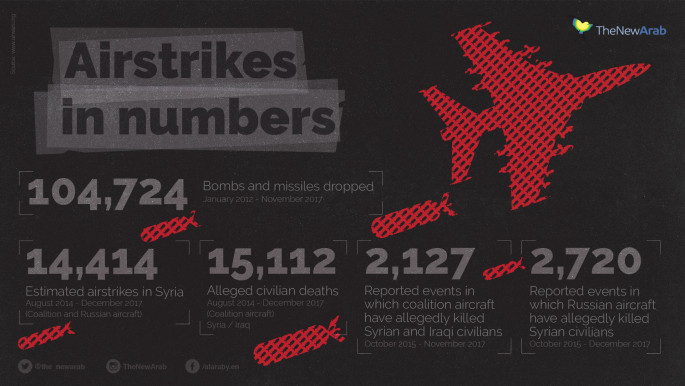Syrian Kurds promised by Russia to attend Sochi
Kurds in northern Syria will be represented at the peace talks hosted next month in a promise given by Russia said the commander of the main Syrian Kurdish militia on Wednesday.
Sipan Hemo, the YPG commander said in official social media channels that Moscow has said 155 representatives of the autonomous region will participate in the talks.
Despite the Kurdish control of more than a quarter of Syria, they have not been involved in any round of Syrian peace talks due to Turkey’s opposition of their involvement.
Ankara views the YPG as a terrorist group affiliated to the Kurdish PKK which has waged an insurgency in Turkey for decades.
Moscow has spearheaded the talks in Astana since the start of the year as it tries to turn its game-changing military intervention into a negotiated settlement.
In a statement by nearly 40 rebel groups, including some of the military factions that took part in the earlier rounds of the peace talks, they said that there was no real pressure being placed on the Syrian government by Moscow to reach a political settlement.
The Kremlin also hopes to convene a political congress in the Black Sea resort of Sochi which would bring together regime officials and the opposition to reinvigorate a hobbled peace process.
Staffan de Mistura, the UN Syria envoy, said that Russia’s plan to convene the congress is dependent on its ability to support the UN-led Geneva talks taking place.
Since the start of Syria's war in 2011, numerous diplomatic attempts to halt the conflict have stumbled, mainly over the future of President Bashar al-Assad.
The Syrian conflict began when the Baath regime, in power since 1963 and led by Assad, responded with military force to peaceful protests demanding democratic reforms during the Arab Spring wave of uprisings, triggering an armed rebellion fuelled by mass defections from the Syrian army.
The brutal tactics pursued mainly by the regime, which have included the use of chemical weapons, sieges, mass executions and torture against civilians have led to war crimes investigations.




